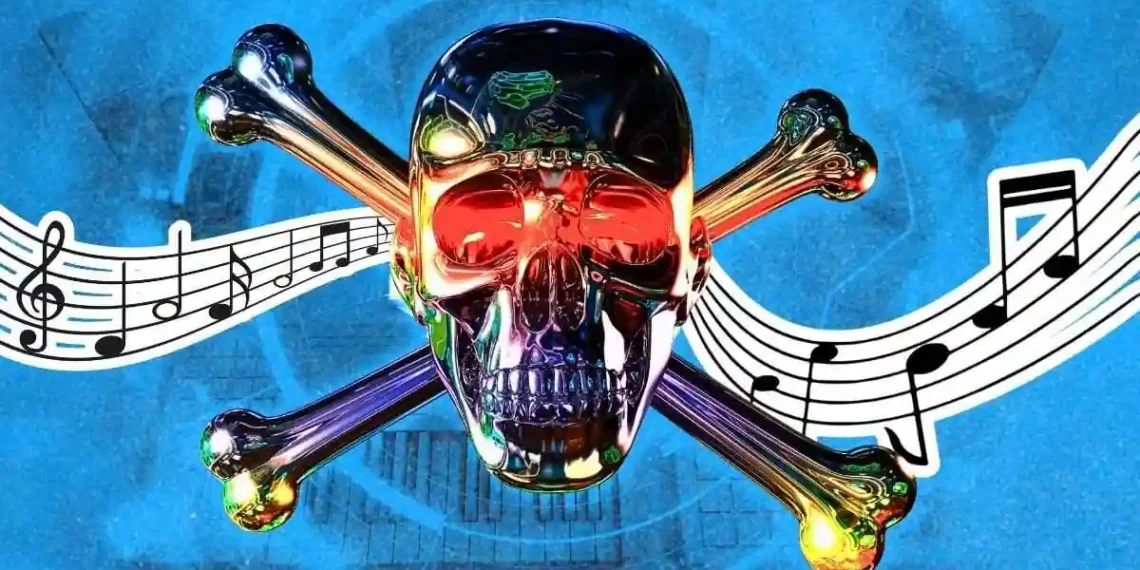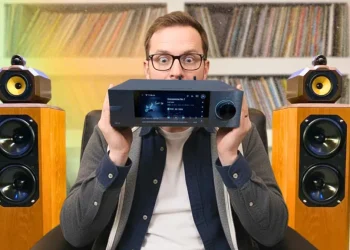Why Music Piracy Is Making a Comeback in 2025
Streaming services didn’t kill piracy. They may have accidentally brought it back.
Just a decade ago, music piracy seemed like a fading memory. Services like Spotify and Apple Music gave millions easy, affordable access to nearly every song imaginable. Why risk viruses or lawsuits when you could stream legally for $10 a month?
But in 2025, piracy is back—and it’s thriving.
From Reddit threads to Facebook groups, there’s a growing conversation among listeners frustrated with the current state of streaming. The reasons are complex but familiar: rising costs, missing content, and the feeling that music lovers are getting less while paying more.
Here are six major reasons why piracy is once again gaining traction.
1. Streaming Prices Have Skyrocketed
What was once a budget-friendly $9.99 is now pushing $12 or more per month—and that’s just for a basic plan. Want lossless audio or family sharing? You’re looking at additional fees.
With music now competing for wallet space alongside Netflix, game subscriptions, and cloud storage, even loyal users are questioning the value. For students and younger fans—who often have the deepest connection to music—piracy is increasingly seen as the only affordable option.
2. People Want to Own Their Music Again
Streaming gives the illusion of access, but not ownership. One day your favorite song is there—next day, it’s gone due to licensing changes.
Unlike the days of ripped CDs and MP3 libraries, today’s listeners are locked into apps. Even premium subscribers can’t download files for real use. DJs, producers, and collectors especially feel the limitations.
Piracy offers a solution: downloadable, permanent files you can organize, backup, and use however you want. For many, it’s not about being cheap—it’s about control.
3. Major Gaps in Streaming Libraries
Think streaming covers everything? Think again. Many albums are incomplete, some artists are missing entirely, and international or underground music is often unavailable due to regional restrictions.
Looking for a rare B-side or a niche genre? Legal platforms rarely deliver. So fans turn to piracy—not because they want to, but because it’s the only place to find what they love.
4. Pirated Music Often Sounds Better
Ironically, pirates are beating streaming services at their own game: sound quality.
While some platforms now offer hi-res or lossless audio, it often depends on your connection or device. Meanwhile, pirated files come in pristine FLAC, WAV, or 24-bit formats ready for any sound system.
And unlike streaming, these files are yours to keep, edit, or mix—no strings (or DRM) attached.
5. Streaming Has Become Less User-Friendly
Streaming used to solve all the music industry’s problems. Now, it’s repeating them.
Fragmented catalogs, disappearing tracks, rising costs, and tighter restrictions have made once-beloved platforms feel clunky and limited.
Piracy in 2025 doesn’t mean sketchy torrents—it means sleek apps, YouTube rippers, and invite-only communities that mimic Spotify, only better. These platforms are fast, easy to use, and often more functional than the legal alternatives.
When piracy becomes the smoother experience, it’s not hard to see why users drift back.
6. Piracy Helps Fans Discover Rare Music
Streaming algorithms are built to feed you hits, not hidden gems. If you’re into obscure B-sides, bootlegs, or rare international releases, good luck finding them legally.
That’s where piracy shines.
Private trackers and online music forums act like digital archives, curating unreleased demos, out-of-print vinyl rips, and long-lost albums. For collectors and curators, it’s not about stealing—it’s about preserving and sharing what might otherwise be lost forever.
In a world where music is increasingly rented, not owned, piracy sometimes feels more like a cultural service than a crime.
A Final Note: Support the Artists
We do not endorse music piracy. Artists deserve to be paid for their work. This article is meant to explore why piracy has resurfaced—not to promote it.
If you love music, support it through legal and ethical channels. Buy albums, attend shows, and subscribe when you can. But also understand: the return of piracy says less about people being cheap—and more about an industry that’s lost touch with its listeners.
This article was rewritten by JournosNews.com based on verified reporting from trusted sources. The content has been independently reviewed, fact-checked, and edited for accuracy, neutrality, tone, and global readability in accordance with Google News and AdSense standards.
All opinions, quotes, or statements from contributors, experts, or sourced organizations do not necessarily reflect the views of JournosNews.com. JournosNews.com maintains full editorial independence from any external funders, sponsors, or organizations.
Stay informed with JournosNews.com — your trusted source for verified global reporting and in-depth analysis. Follow us on Google News, BlueSky, and X for real-time updates.














